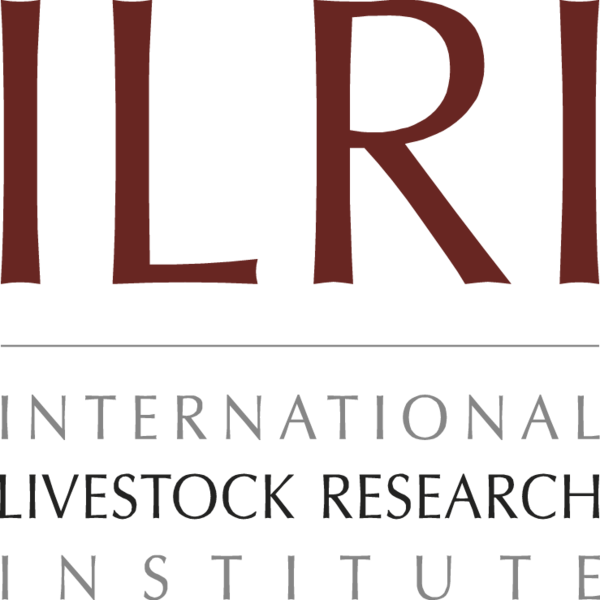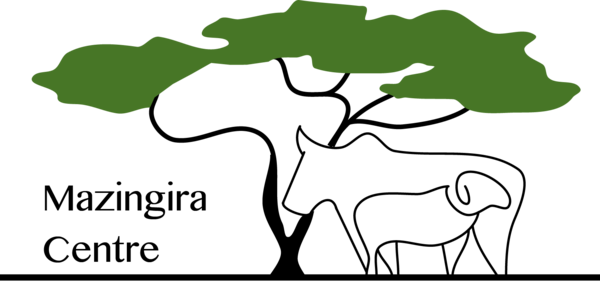International Livestock Research Institute

International Livestock Research Institute (ILRI)
PO. Box 30709
00100 Nairobi
Kenya
www.ilri.org or mazingira.ilri.org
Team:
- Polly Ericksen (program leader "Sustainable Livestock Systems (SLS)")
- Lutz Merbold (head of Mazingira Centre as part of the SLS prorgam)
International Livestock Research Institute (ILRI)
The International Livestock Research Institute (ILRI) research is directed to improving food and nutrition security through increased production and access to animal-source foods; stimulating economic development and poverty reduction through enhanced livestock value chains and increased productivity; improving human health through improved access to animal-source foods and a reduction in the burden of zoonotic and food-borne diseases; and managing the adaptation of livestock systems to climate change and mitigating the impact of livestock on the environment. ILRI carries out its research in East, Southern, and West Africa, in South and Southeast Asia, and in China.
Mazingira Centre
The Mazingira Centre (mazingira.ilri.org) as part of the Sustainable Livestock Systems (SLS) Program focuses on agricultural production systems – in particular mixed crop-livestock systems – in the developing world. Thereby we are not only considering improvements in agricultural productivity due to projected agricultural intensification and subsequently ensuring food and nutrition security in the future but also environmental consequences. We particularly aim at deriving greenhouse gas (GHG) emission baselines for the dominant agricultural productions systems in Africa and testing promising interventions to reduce suchlike. This encompasses halting or reversing land degradation, which commonly leads to nutrient losses into the atmosphere and hydrosphere and overall environmental degradation. Therefore, our research approach fulfills the three pillars of climate smart agriculture: (1) ensuring agricultural productivity now and in the future, (2) climate change mitigation and (3) climate change adaptation. The strength of our approach is that we directly test promising agricultural interventions in the field and provide the newly gained knowledge widely (ie. during focused farmer training courses, to extension officers, to national research laboratories as well as to the respective governments). We furthermore aim at building the future generation of scientists by mentoring BSc, MSc and PhD students.
In order to achieve our goals (Agriculture, Environment and Education) the Mazingira Centre has three major research areas: (i) Animal Sciences with a specific focus on animal nutrition, (ii) Biogeochemical Processes encompassing carbon and nitrogen turnover in soil and the quantification of GHG emissions from individual compartments of ecosystems (ie. soils, manure, plants and animals), and (iii) Ecosystem Biogeochemistry which primarily focuses on the quantification and exchange of nutrients at the ecosystem scale (ie. eddy covariance measurements of NH3, CO2, CH4, N2O and H2O). Our research directly feeds into the wider focus of ILRI but particularly into the Sustainable Livestock Systems Program. Moreover, we are actively engaging with stakeholders and collaborate with national and international universities and research institutions.
Staff at Mazingira Centre and its partners are establishing:
- The first accurate and verifiable greenhouse gas emission levels (baseline) of crop and livestock production systems and land-use changes in Africa;
- Country specific frameworks for measuring, reporting and verification (MRVs) of GHG emissions from agricultural systems in Africa and developing countries across the globe to implement reliable low emissions development strategies (LEDS);
- Robust frameworks for assessing the socioeconomic impacts of environmental degradation in the developing world;
- New means of monitoring African land degradation, soil fertility, soil erosion and hydrology at farm to landscape scales; and
- Experimental programs, building on ILRI’s longstanding feed and forage expertise, to develop ruminant feeding regimes that improve animal production while decreasing greenhouse gas emissions per unit of milk or meat (so-called GHG emission intensities).
